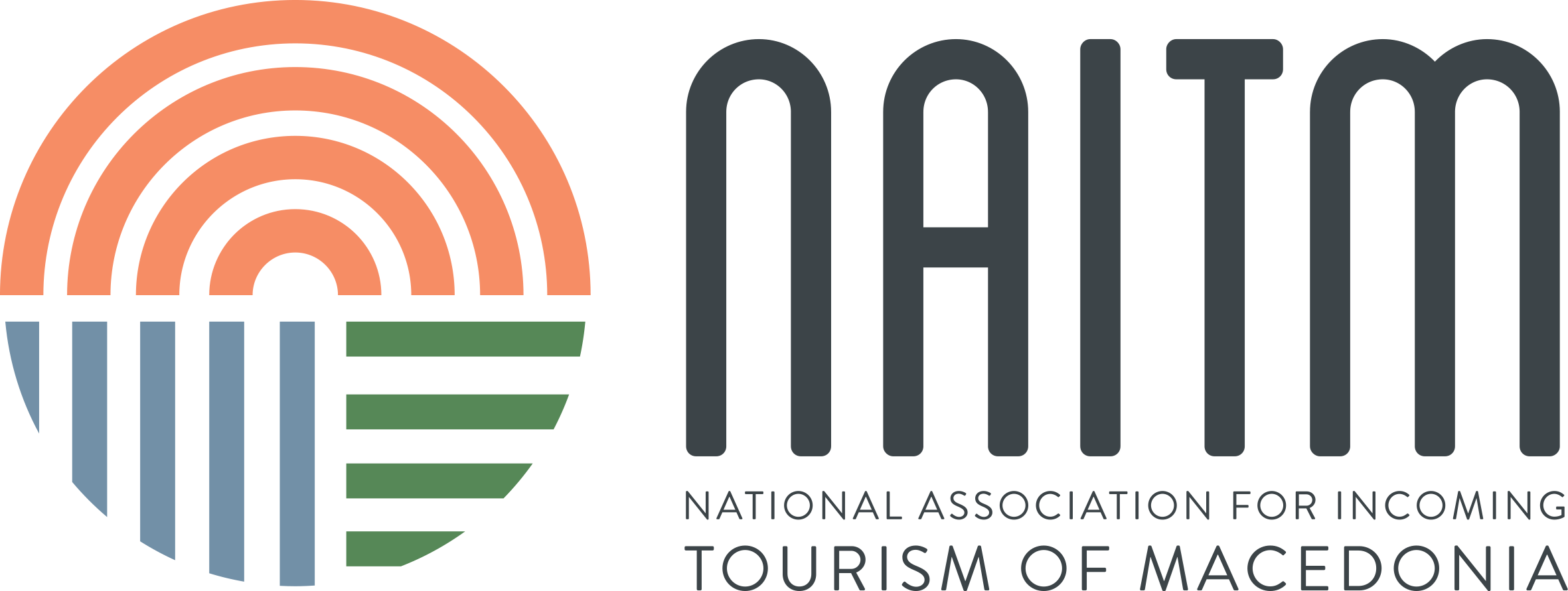History: in the Middle Ages, the Nemanjić dynasty elected Pristina and Prizren as the capitals of the Serbian Empire. It was a period of economic and political growth for Kosovo favored by its position on the main commercial road between the Adriatic Sea and the Balkans and the gold and silver mines of the village of Novo Brdo famous throughout the Empire. In the months following the battle of Kosovo Polije, the Turks invaded Serbia and a few years later all the Balkans. The people of Kosovo freely converted to Islam (often due to the lower taxes paid by Muslims) and at the end of the XVI century 60% of the citizens of Pristina and Prizren were Muslims. During the military campaign of Gen. Piccolomini (1689), the Christian population rose up against the Turks. In a few months the Austrian troops helped by the local population conquered the area from Belgrade to Skopje. The following spring the Ottoman counter-offensive and the death of Piccolomini forced the Austrian troops to retreat and thousands of citizens had to move to Vojvodina and Hungary. They were replaced by people from Albania. In the XIX century the League of Prizren was founded. At the beginning, thanks to its orientation in favor of Islam, the league had the support of the Sultan, but when it was clear that its purpose was the uniting of the Albanians into an single state, the league’s leader was killed and more than 4,000 members were jailed. With the Treaty of Berlin the period of “ethnic cleansing” began. The first was carried out by the Turks who forced 400,000 Serbians to leave the country between 1876 and 1912. The second was when Kosovo returned to Serbian control at the end of the Balkan wars (1913). The Serbian troops burnt the Albanians villages and more than 20,000 Albanians were killed. The third was in 1918 as revenge against the Albanians allied with the Bulgarians during WWI. In a few years more than 700,000 Serbians moved to the country and 300 new villages were built. The years following the fall of Communism were characterized by the continuing discrimination against the Albanian population which led to the conflict between UGK guerrillas and the troops of Milosevic in 1999. The balance of the clashes was terrible: 12.000 dead, 120,000 houses and hundreds of churches and mosques were destroyed. The same year UN resolution n. 1244 put Kosovo under an international protectorate. In February 2008, Kosovo declared independence, recognized by 65 countries.



